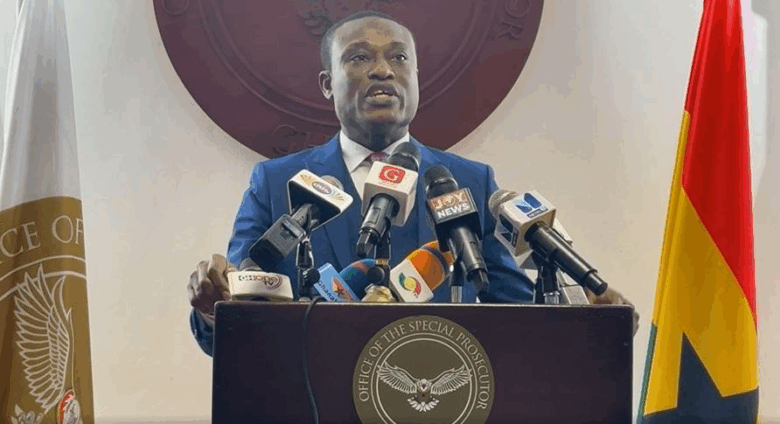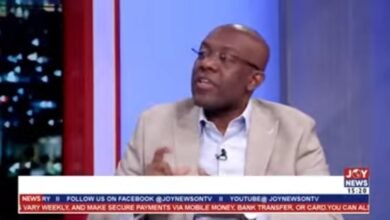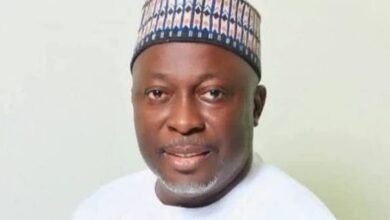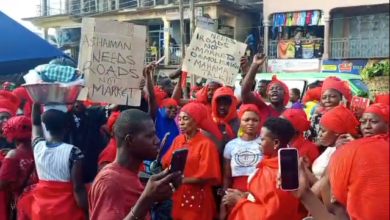Special Prosecutor Calls for Asset Verification System, Opposes Full Public Disclosure

Special Prosecutor Kissi Agyebeng has called for the establishment of a robust mechanism to verify and trace assets declared by public officials, while opposing the public disclosure of such documents.
Speaking at the African Union Advisory Board Against Corruption (AUABC) conference held in Accra over the weekend, Mr. Agyebeng emphasized the need to move beyond simply collecting asset declarations to actively verifying them.
The conference, themed “Revitalising the Anti-Corruption Architecture in Africa: Ghana’s Accountability Journey,” brought together key stakeholders across the continent to assess progress and challenges in the fight against corruption.
Mr. Agyebeng stated, “We should move beyond mere repositories to a system of verifying and tracing undeclared assets.”
However, he cautioned against making asset declarations fully public, arguing that doing so could subject public officials to undue scrutiny and potential harm.
“In my estimation, a publication of who has declared or has not declared his assets—within the context of a functional verification and tracing system—would be sufficient to assure the integrity of the process,” he said.
His remarks come in the wake of renewed national attention on asset declarations. Last month, President John Dramani Mahama ordered the forfeiture of three months’ salary for several public officials who failed to comply with declaration requirements, directing the funds to the Ghana Medical Trust Fund. He also issued a deadline of May 6, 2025, for all appointees to declare their assets, following reports that 55 officials had failed to do so.
These developments have reignited calls from Civil Society Organisations (CSOs) for stronger punitive measures and increased transparency in the asset declaration regime.
Beyond asset disclosures, Mr. Agyebeng advocated for broader institutional reforms, including the integration of ethics and integrity education from the basic to tertiary level.
“A student who regards a corrupt businessman as his or her role model will emulate him without remorse. A society that celebrates ill-gotten wealth only breeds get-rich-quick schemes and fraudulent behaviour,” he warned.
He further proposed constitutional amendments to enable the confiscation of unexplained wealth, suggesting that lifestyle audits become a formal, enforceable practice under Ghanaian law.
Additionally, he called for expanded sanctions that go beyond initial declarations, ensuring that assets acquired without justifiable sources after the declaration period fall within the scope of accountability.
“We must strive to change the narrative and fashion our own cause and course by keeping the glimmer on the horizon glowing—until the light beckons closer and shines overhead in a just and prosperous trajectory,” Mr. Agyebeng concluded.
Credit: GNA




